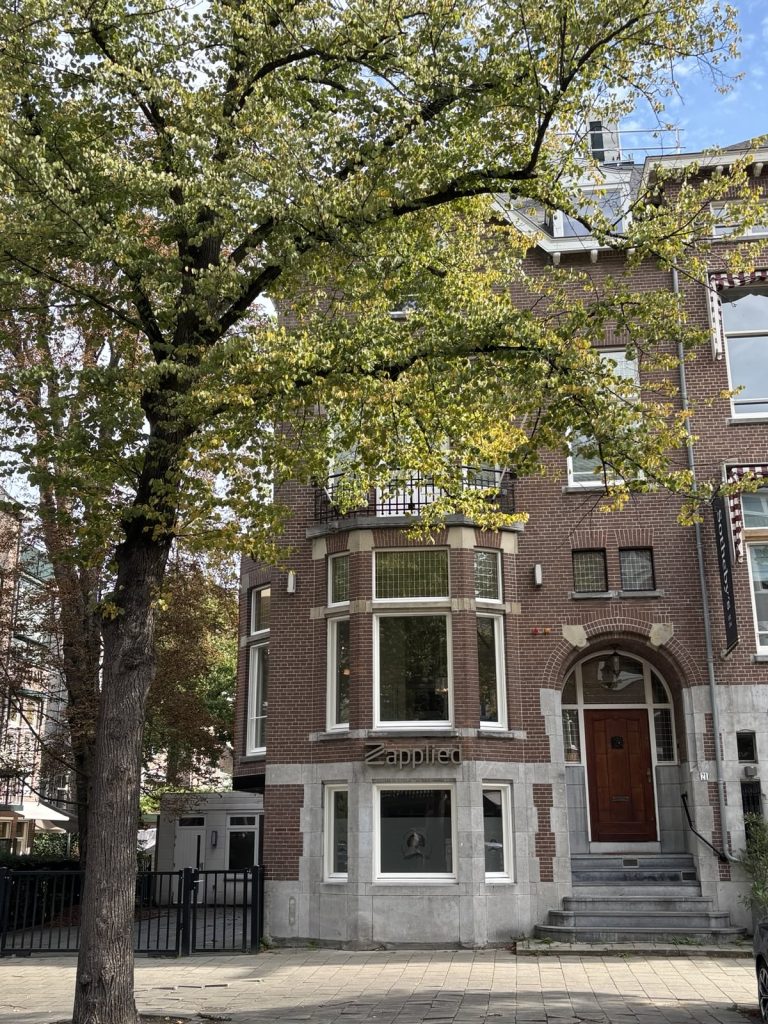BEYOND seeks to exchange knowledge and create synergies with stakeholders in the energy sector.
BEYOND H2020 project offers a big data platform implementation and AI analytics toolkit toward innovative data sharing-driven energy service ecosystems for the building sector and beyond. The platform allows data consumers to search, find and utilize data generated by buildings and optimize their operation and energy performance. BEYOND seeks to exchange knowledge and create synergies with stakeholders in the energy sector.
The European energy sector is undergoing a major fundamental change with the increasing digitalisation of energy assets, due to the ongoing roll-out of smart meters and the shift away from traditional monitoring and control approaches that have been applied exclusively over energy assets, since the smart and sustainable energy era is pushing sensing, control and data collection at the edge of energy systems, which need to be further re-defined due to the wide penetration of Distributed Energy Resources (DERs), such as renewable energy sources (RES), smart home devices & appliances (IoT) and smart meters among others.
The increasing growth of DERs, is continuously expanding the “end” or the energy system “edge”, in terms of controllability, while increasing its operational complexity, since the amount of data (and controllable assets) is growing exponentially and “understanding” of the knowledge encapsulated in these big data streams will be critical for meeting operational requirements for high efficiency and for safeguarding business interests. The edge of the energy system is currently dominated by the building sector, not only in terms of quantity but also in terms of criticality for the envisaged energy transition, since buildings are the largest energy consumer worldwide (accounting for almost half of the world’s consumption). As technology advances and becomes more affordable, buildings are no longer perceived merely as depreciating assets, but are transforming themselves into smart buildings which are associated with the generation of vast amounts of data, spanning Building Energy Management Systems (BEMS), smart metering and sub-metering information (demand), IoT device information (sensing/control), distributed generation (RES), storage and electric vehicle data, altogether characterized by continuously increasing growth rate, multi-diverse spatio-temporal resolutions and huge volume.
The analytics opportunity for the building sector is there and benefits are significant, however, recent studies have pointed out that involved stakeholders are reluctant to make the move due to high upfront costs and sheer complexity of data . Taking data management and analytics away from their hands (in a trustful manner, thus reducing complexity and changing their mindsets) and offering to them easily digestible intelligence extracted from the advanced processing and analysis of highly diverse, variable and volatile data streams (through ready to use trained algorithms that can be easily utilized in different contexts and business cases), could be the first step forward, towards enabling the realization of data-driven optimization functions that can pave a ROI-positive path to effectively solving operational and business challenges and highlighting the value of the big distributed data generated at the wealth of data-points of smart buildings.



